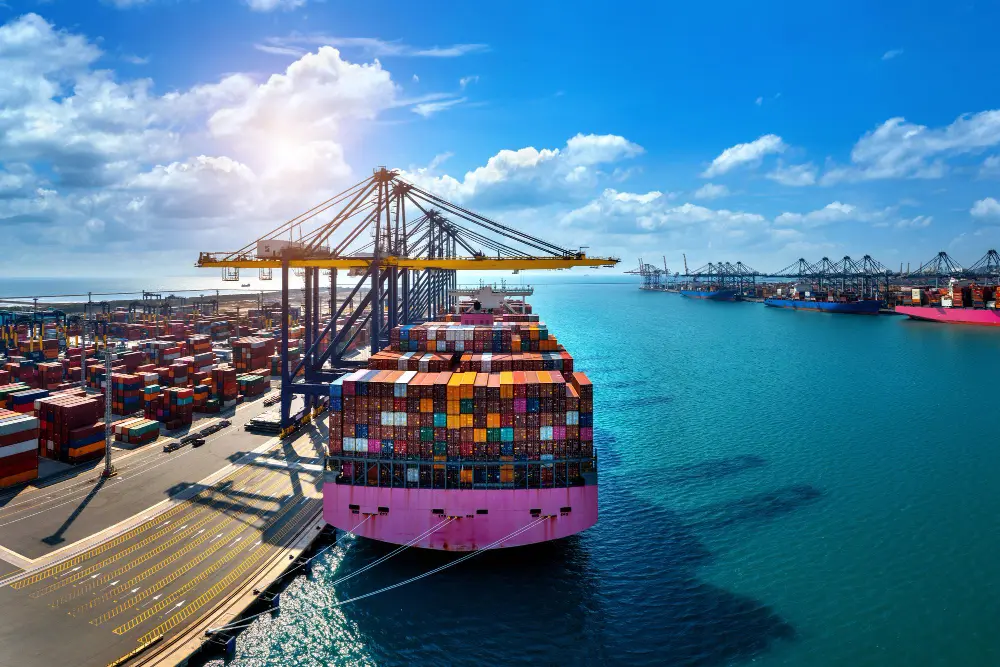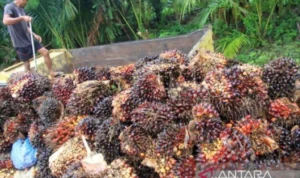JABAR EKSPRES – Director of Exports of Agricultural and Forestry Products at the Directorate General of Foreign Trade of the Ministry of Trade (MoT), Farid Amir, revealed that the export of crude palm oil (CPO) through commodity futures exchanges will regulate only CPO with HS code 15111000 and does not include its derivative products.
According to Farid, this decision was taken because the export volume of CPO or palm oil is not too large, so its implementation will not cause significant disruption.
“In addition, only Registered Exporters (ET) are entitled to export, provided that they have Export Rights (HE) obtained through the fulfillment of the Domestic Market Obligation (DMO) policy and / or from parties who transfer HE for DMO fulfillment,” Farid said in a written statement in Jakarta, Thursday.
Farid explained that there were no significant changes in the business process of the CPO or palm oil export policy through the futures exchange.
In this policy, there is one additional step before exporters export CPO, which is to conduct transactions on the futures exchange and obtain proof of purchase of CPO from the exchange. This proof of purchase will be used in the process of issuing Export Approval (PE).
Secretary of the Commodity Futures Trading Supervisory Agency (Bappebti), Olvy Andrianita, explained that the Bappebti Draft Regulation on Technical Guidelines for Physical Market Trading for CPO Exports will regulate the governance of CPO exchanges, CPO clearing houses, as well as license requirements for CPO exchanges and CPO clearing houses.
The regulation will also regulate trading procedures at CPO exchanges, supervision mechanisms by Bappebti and CPO exchanges, as well as dispute resolution and force majeure situations.
Meanwhile, the PTT for CPO exports through futures exchanges will include more detailed technical provisions, including requirements and procedures for accepting seller/buyer participants, rights and obligations of seller/buyer participants, transaction guarantee fees, supervision mechanisms, physical delivery mechanisms of CPO, and force majeure situations.


